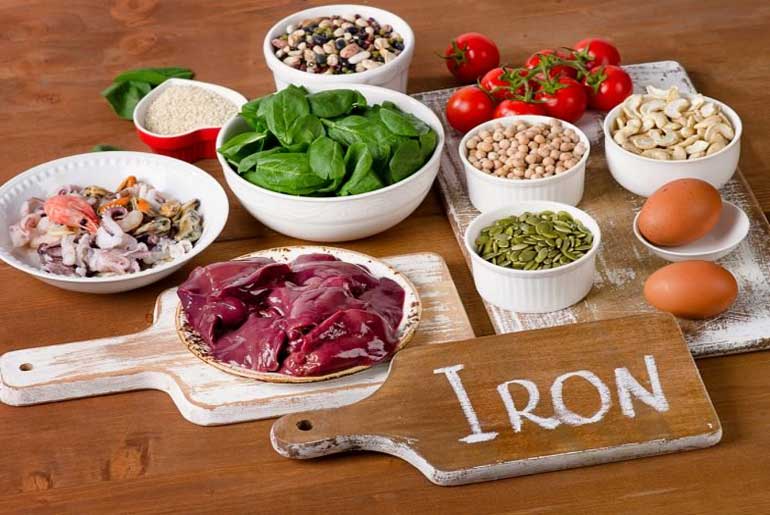Iron deficiency can indeed lead to a variety of health issues, ranging from heart failure to depression. Recognizing the early signs is crucial in preventing potential complications. Feeling consistently tired despite adequate rest or experiencing shortness of breath may be indicative of an iron deficiency. These symptoms can manifest gradually or rapidly, causing feelings of fatigue, weakness, irritability, and difficulties in concentration. Iron plays a vital role in essential body functions, including the production of hemoglobin, a molecule in the blood responsible for carrying oxygen and maintaining the health of cells, skin, hair, and nails. If these symptoms are observed, seeking medical attention and addressing potential iron deficiencies through dietary changes or supplements may be advisable.
Absolutely, iron deficiency is prevalent in specific groups, including pregnant women, individuals with heavy menstrual periods, those with gastrointestinal disorders, and those with inadequate intake of iron-rich foods. Symptoms of low iron levels can manifest in various ways, such as pale skin and nails, unexplained weakness, fatigue, or a lack of energy. Shortness of breath and headaches are also common indicators of iron deficiency. Identifying these symptoms is crucial, as untreated iron deficiency can lead to more severe conditions, including anemia. Proper diagnosis and management, often involving dietary changes or iron supplementation, are essential for individuals experiencing these symptoms, and consultation with a healthcare professional is advisable for personalized guidance.
Here’s what happens to your body when you have iron deficiency:
1. Fatigue and Weakness:
Iron is a key component of hemoglobin, the protein in red blood cells that carries oxygen. Without enough iron, your body can’t produce sufficient hemoglobin, leading to a reduced capacity to transport oxygen. This can result in fatigue, weakness, and a general lack of energy.
2. Pale Skin and Nail Beds:
Inadequate iron levels may cause a decrease in the number of red blood cells, leading to a condition called anemia. One visible sign of anemia is pale skin, especially noticeable in the face and inner lining of the lower eyelids. Additionally, the nail beds may become pale or concave.
3. Shortness of Breath:
Oxygen transport is compromised when there’s a lack of iron, leading to reduced oxygen levels in the body. This can result in shortness of breath and difficulty breathing, especially during physical activities.
4. Dizziness and Headaches:
Insufficient oxygen supply to the brain due to low iron levels can lead to dizziness and headaches. These symptoms may be more pronounced when standing up or exerting yourself.
5. Cold Hands and Feet:
Reduced oxygen delivery to extremities can result in a feeling of coldness in the hands and feet. This occurs because the body prioritizes oxygen delivery to vital organs over peripheral areas when iron levels are low.
6. Brittle Nails and Hair Loss:
Iron deficiency can affect the health of your nails and hair. Nails may become brittle, and hair may become thin and prone to shedding.
7. Swelling or Soreness of the Tongue and Mouth:
Iron deficiency can cause a condition known as glossitis, which involves inflammation of the tongue. This can lead to swelling, soreness, and difficulty swallowing.
8. Craving Non-Food Items (Pica):
In some cases, iron-deficient individuals may develop unusual cravings for non-food items, a condition known as pica. This might include cravings for ice, clay, or other non-nutritive substances.
It’s important to note that these symptoms can vary in severity, and some individuals may not experience noticeable symptoms in the early stages of iron deficiency. If you suspect you have iron deficiency, it’s essential to consult with a healthcare professional for proper diagnosis and appropriate treatment, which may include dietary changes or iron supplements.
Disclaimer:
The information contained in this article is for educational and informational purposes only and is not intended as a health advice. We would ask you to consult a qualified professional or medical expert to gain additional knowledge before you choose to consume any product or perform any exercise.








